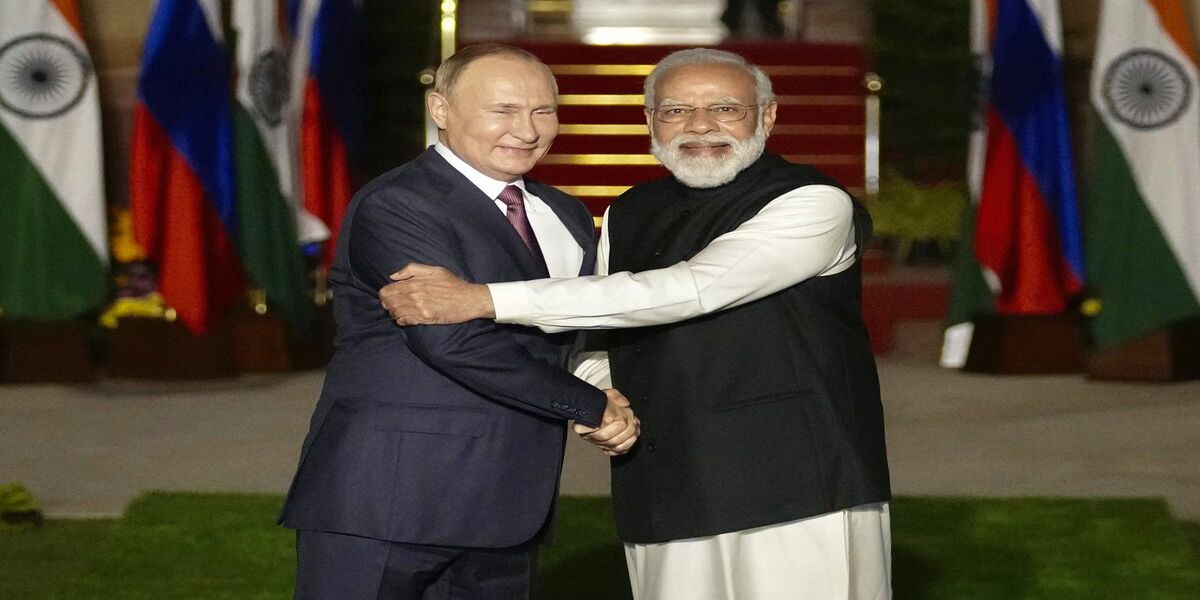It’s amazing how much a few weeks can change things. Only a few months ago, India was chastised by the West for its connections with Russia.

Not only was the South Asian country reluctant to denounce Moscow’s violent assault on Ukraine, but opponents claimed it was also defying sanctions aimed at damaging the Kremlin’s coffers by purchasing inexpensive Russian oil.
The White House expressed its disapproval by describing New Delhi as “slightly unstable” and expressing “disappointment.”
Then, out of nowhere, the West’s melody shifted. It was all polite handshakes and soundbites about “a strong connection between our people” and “shared ideals” when Biden met Indian Prime Minister Narendra Modi earlier this month. Then, on Friday, British Prime Minister Boris Johnson travelled to Delhi to promote economic relations and pose for costumed photo ops while ignoring “differences” with Russia.
Nonetheless, India’s position on Ukraine has remained mostly unchanged. It continues to buy cheap Russian oil — in fact, according to Reuters, it bought nearly as much in the first months of 2022 as it did in the entire year of 2021 — and it keeps silent on Moscow’s invasion. It abstained from a UN vote suspending Russia from the UN Security Council on April 7. Analysts claim that India has just given the West a lesson in international diplomacy.
With India crucial to US attempts to contain China’s ascent — which the US sees as posing a greater danger to world peace than Russia — the West has no choice but to bite its tongue.
Alternatively, as Harsh V. Pant, an international relations professor at King’s College London, put it, the US understood it needed to see India as a “new partner to be wooed.”




















